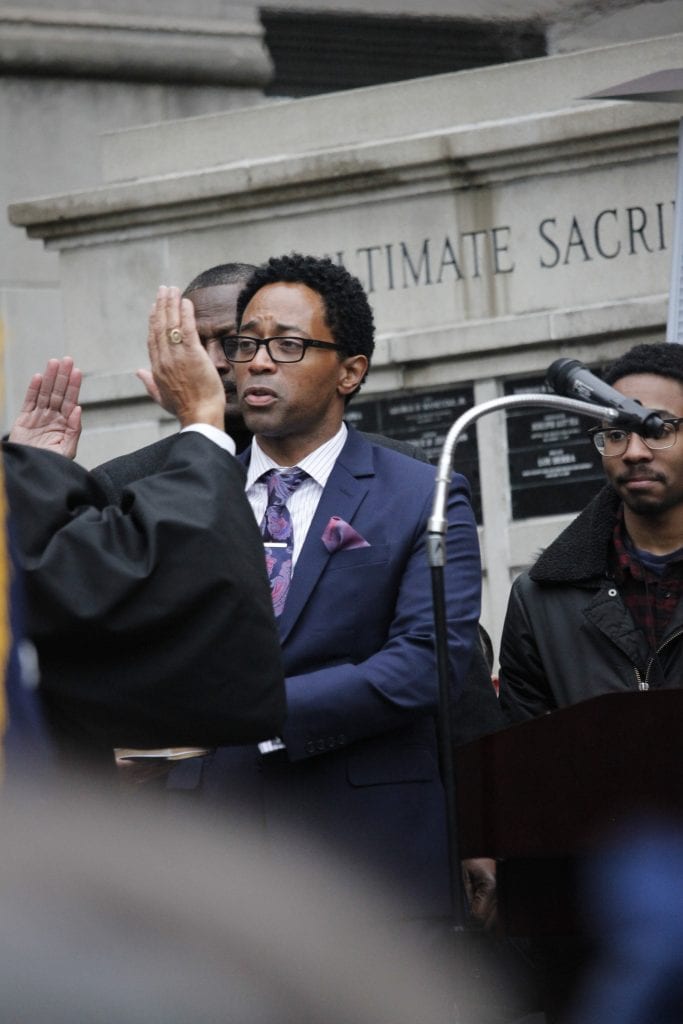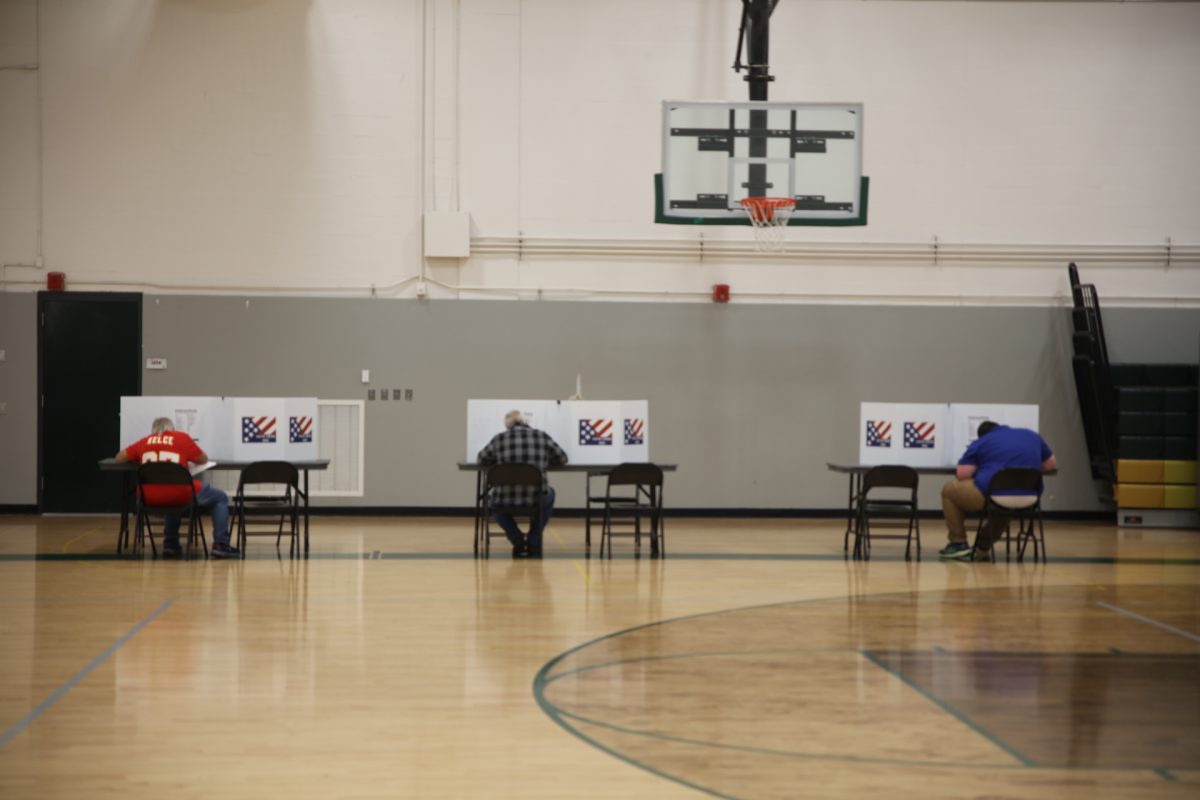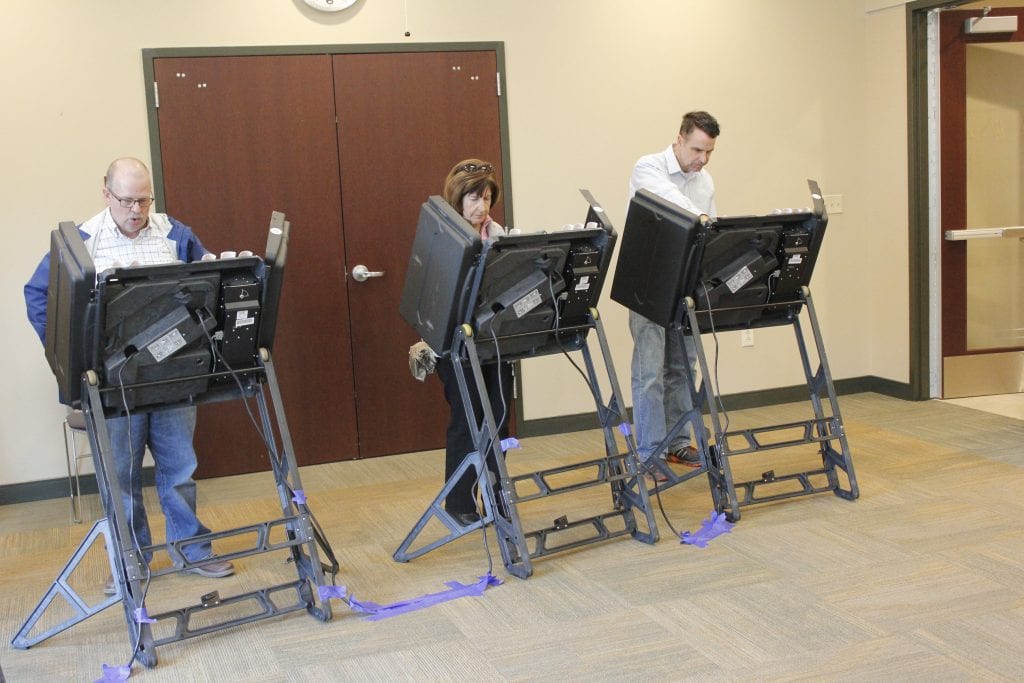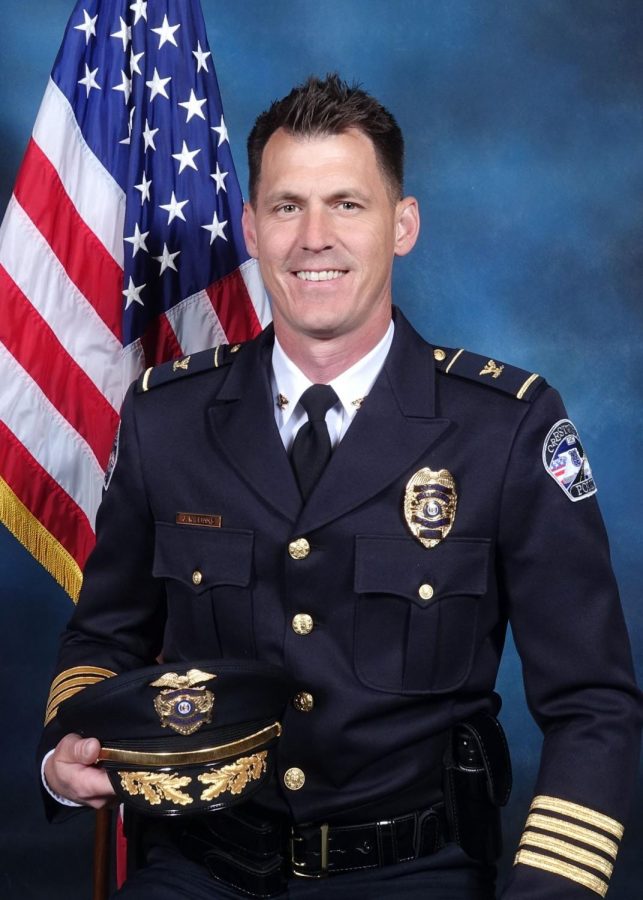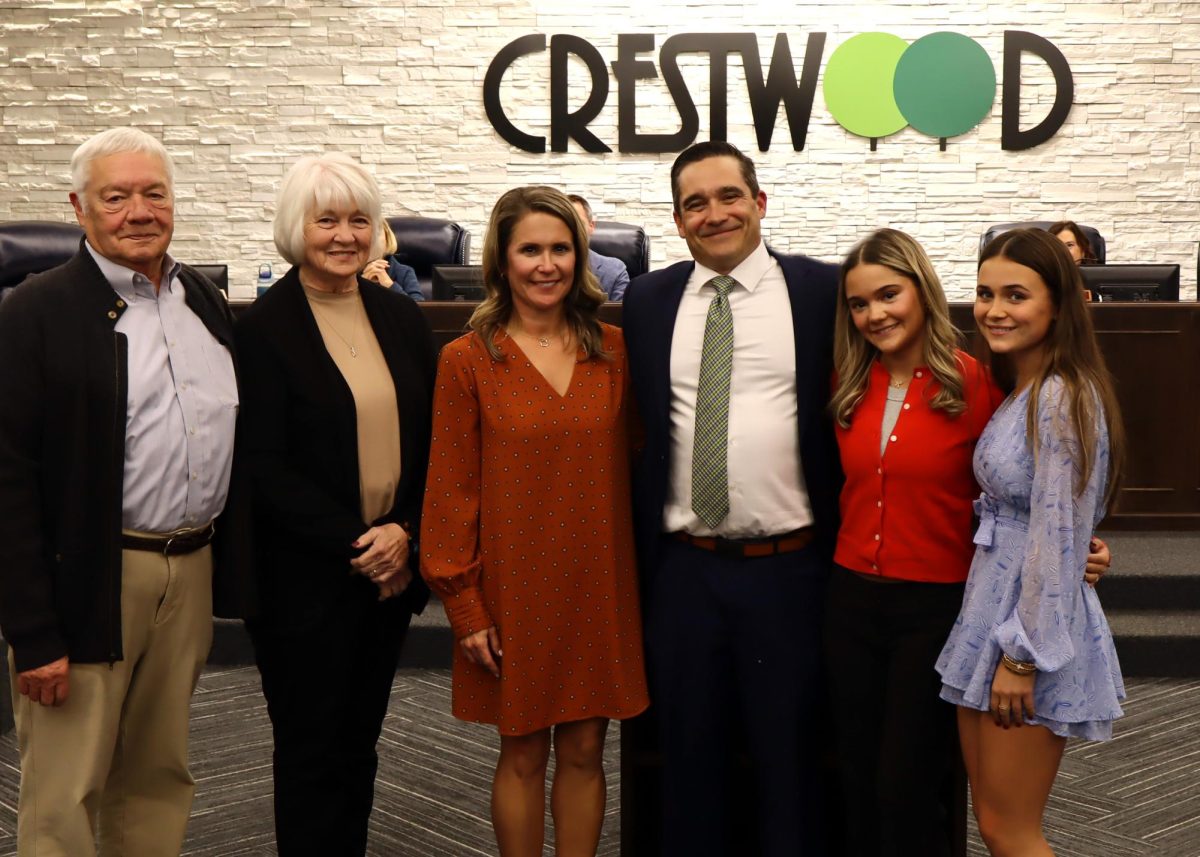Now working on the prosecutor side, she’s grateful that she can provide a different solution — like in the case of a single mother of two she met this summer.
The woman was juggling an at-home virtual school schedule and her job as a paralegal.
With the intense stress of the pandemic, she was also struggling with an addiction to painkillers and was arrested for drug possession.
“If she were charged, that could have implications for the steady job that she’s had for almost 10 years and her ability to have health care options for her children,” said Fogelberg, who now leads the St. Louis County prosecutor’s diversion program.
There was “no reason or sense” in bringing this mom into the criminal justice system, she said.
Instead, she entered into a pre-charge diversion program, which allows the prosecutor’s office to intervene before individuals even get charged with a crime and get them the resources they need to move on with their lives.
“Now she’s getting access to treatment,” she said. “She gets regular check-ins with our social worker, and she’s able to stay home and focus on her work and her kids.”
The mother is one of 174 people who have entered a pre-charge diversion program in St. Louis County since the pandemic began in March.
And it just so happened that March was when the program got the county’s approval to hire additional staff members.
Prosecutors in St. Louis County, Greene County and Jackson County have initiated pre-charge programs, which they believe can help alleviate the bottleneck of low-level cases building up due to pandemic court restrictions.
Because of COVID-19, about half of the state’s 46 circuit courts are either in Phase 1 restrictions, which means they can only hold “critical” in-person court proceedings, or Phase Zero, where they can hold almost no in-person proceedings. While virtual hearings are occurring, barriers to technology have also slowed things down.
“COVID actually poses an opportunity for you to look at your system differently,” said Jackson County Prosecuting Attorney Jean Peters Baker. “You look at cases differently. And you look at what problem were you trying to solve to begin with?”
In October, Baker started a pre-charge diversion program called NewStart2020, similar to the one started by St. Louis County Prosecutor Wesley Bell.
Baker is looking to divert more drug cases, which she said are taking prosecutors’ attention away from other more serious cases.
Greene County Prosecuting Attorney Dan Patterson has had a pre-charge diversion program for first-time drug offenders since 2016.
“Even without the pandemic, the volume of criminal cases is such that we need to be creative to find ways we can focus our limited judicial resources on those violent crimes,” said Patterson, who also serves as the president of the Missouri Association of Prosecuting Attorneys.
Patterson believes more elected prosecutors may be initiating diversion programs now that the state Legislature passed a law in 2019 clarifying that they have the authority to do so.
Criminal justice reform advocates have been demanding pre-charge diversion programs for years. And they have the support of public defenders.
“This is a chance for the Missouri courts to sit down and say, ‘Hey, what cases did not get issued?’” said Mary Fox, director of the Missouri State Public Defender System. “And did the fact that those types of cases were not issued have a negative impact on community safety?”
Prosecutor-led diversion
Several prosecutors — including Bell, Baker, Patterson and St. Louis Circuit Attorney Kim Gardner — have had post-plea diversion programs for several years. This is where individuals are charged, but can have their records wiped if they graduate from the program.
In 2019, Gardner’s misdemeanor and felony redirect diversion program accepted 241 people, and 149 people successfully completed it.
And graduates went up in 2020, said Redditt Hudson, a retired St. Louis city police officer who is now part of Gardner’s diversion team.
The city’s diversion program, Hudson said, is part of “a serious, meaningful and effective response to systemic racism and reducing the numbers of people who are incarcerated.”
While some circuit courts in Missouri have drug-court diversion programs that help people receive treatment, they still require a person to first be charged with a drug-related crime. The entire process can take 12 to 18 months to complete.
However during the pandemic, Baker said, “the courts are even more strained as schedules are stretched and often delayed.”
The pre-charge programs, she said, keep people out of the courts.
Fogelberg said the example of the St. Louis County mother is a great way to understand how diversion can work. But it’s not how the system operates in most parts of the state.
In typical drug cases, the mother would have faced a warrant, been arrested and would have to post bond. She’d have had to hire an attorney and wait for a preliminary hearing. With no criminal history, she’d likely have gotten probation. If she went through drug court, there would still have been long-lasting ramifications.
“You still have to answer on every job application that you pleaded guilty to a felony,” Fogelberg said. “Every housing application.”
In addition, the Missouri Department of Family Services would have likely gotten involved in the mother’s case, Fogelberg said.
All of these steps cost taxpayers money and cause harm to families.
“The trickle effect of even a very straightforward drug possession case and the drain of resources on the courts and the community,” Fogelberg said. “It’s just nonsensical to go that route, especially in a pandemic.”
For 60 years, the country has been pushing drug possession and sale charges through the court system, Baker said, and it’s expensive.
Nationally it costs about $140,000 per drug possession case, Baker said, which accounts for the long hours spent by police, public defenders, prosecutors, judges, court and jail staff and then probation officers.
“We have to look at what kind of outcomes we are getting for the work that we’re doing,” Baker said. “And I think we can all say it doesn’t work very well.”
Patterson said that partnerships among law-enforcement agencies to divert cases before they even get to the prosecutor’s office are “equally important.”
In 2016, the Springfield Police Department established a policy to refer low-level offenders suffering from mental-health illnesses to social service agencies.
And in May, Greene County worked with a local health provider to establish a Rapid Access Unit for mental-health emergencies. The idea is to help local doctors and law enforcement deal with these situations without having to use emergency rooms or jail facilities.
In the upcoming months, Bell will launch a pilot program focused on opioid use, in partnership with the police and health departments. If police officers find somebody who is potentially using heroin, rather than arresting the person, they would call the prosecutor’s peer-support specialist who will go to the scene to conduct an assessment and bring the case into the diversion, avoiding an arrest completely.
Patterson believes one of prosecutors’ biggest challenges — and for communities in general — is access and funding for treatment for substance-abuse offenders.
“It’s a challenge that existed before the pandemic,” Patterson said, “and it will exist after it.”
Restorative justice
In Jackson County, the caseloads for prosecutors are “very, very high” and have almost completely stalled, Baker said.
Drug charges are a big part of the problem.
“I am literally thinking about how I’m going to get 100 murderers to trial,” she said. “Murderers are the top of the pinnacle here. And when your system has hundreds of drug possessions coming through, we’re now having to think about how we utilize our time.”
Solving problems without going through the court process is something Baker says she has been working on for a few years.
But the pandemic has made it dire.
One idea on the table is re-establishing and possibly re-envisioning the Neighborhood Accountability Board, a program she piloted in 2018 and 2019. Her program stopped when federal grant funding ran out recently.
Her office had partnered the Center for Conflict Resolution, a nonprofit mediation organization in Kansas City, to train the board members how to use restorative justice practices, or mediation that try to repair the harm of the crime.
“When you step out of your role as the traditional prosecutor and you start thinking about yourself as a problem solver, then you think less about the wholesale prescriptions that we come up with in the criminal justice system,” Baker said.
St. Louis city’s juvenile court system has operated neighborhood accountability boards since 2003, and there are now 14 boards in various neighborhoods.
Baker said she will be exploring this idea with her community advisory board, which includes county residents from various different backgrounds.
Justice Gaston, a community organizer in Kansas City with the ACLU of Missouri, sits on Baker’s advisory board.
While Baker’s pilot program was a “good start,” Gaston said it needs to be bigger, bolder and truly focus on the root causes of crime and address racial inequities.
“If Jean really holds true to what she’s saying,” Gaston said, “I think this will be so amazing for Kansas City.”
This article is from the Missouri Independent.



